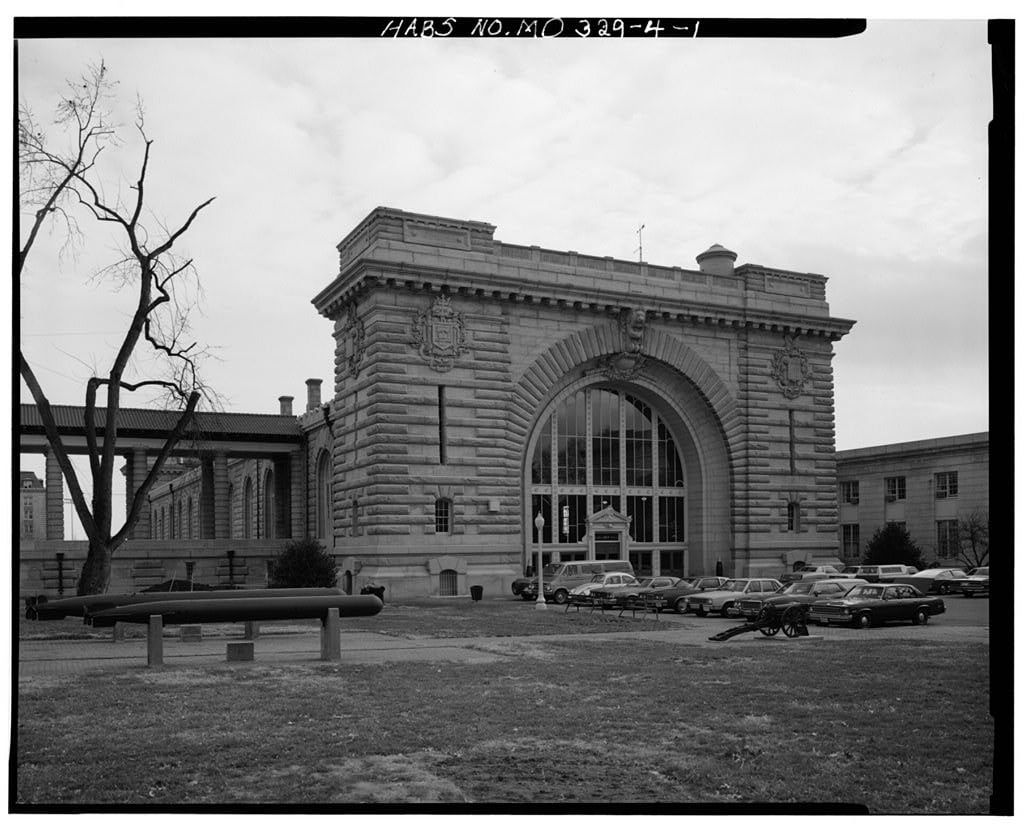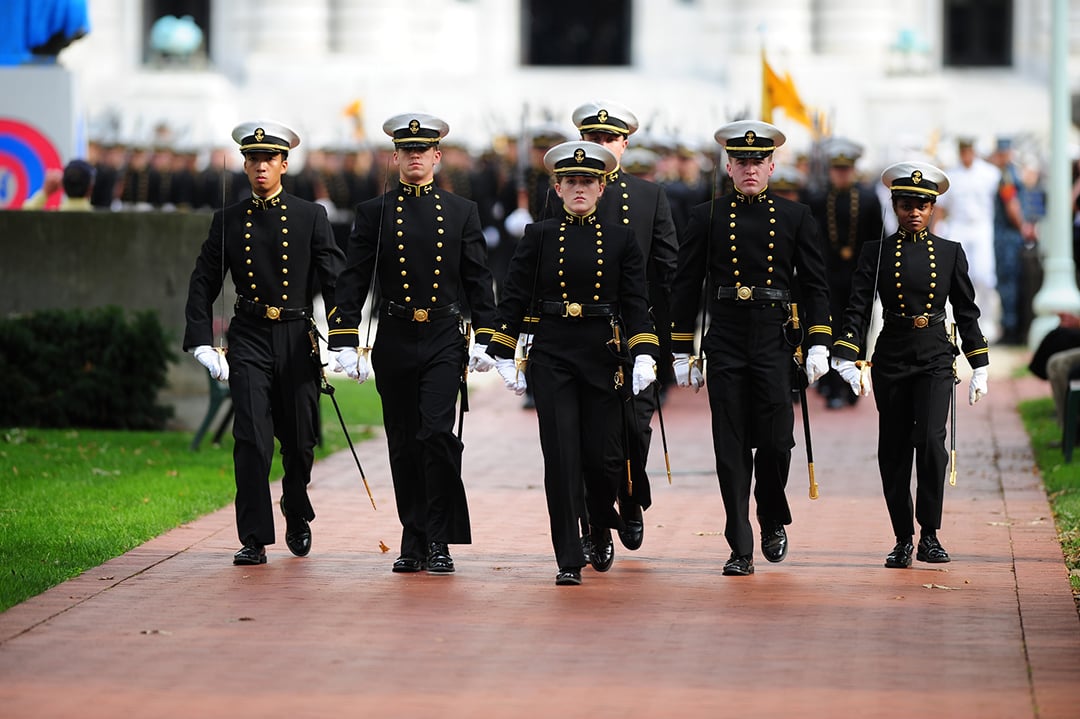As circumstances evolve, so do requirements; and places and spaces are replaced or repurposed to meet current needs. The United States Naval Academy (USNA) is no exception. Throughout the years, the USNA has seen both transformational and preservational changes.
3 min read
USNA Uniform Store
By Bill the Goat on Jul 8, 2020 9:26:34 AM
Topics:
Insider
Continue Reading





